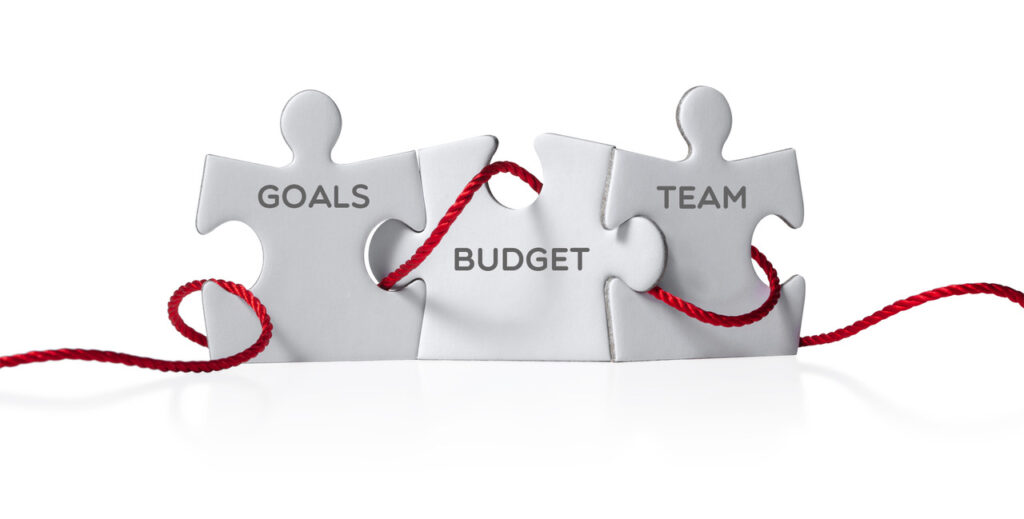Anyone in corporate marketing and/or communication is likely to have been tasked—presumably more than once—to plan and set up an event, possibly targeting suppliers, or maybe trading partners, clients and so on. Such an event ought to be seen as a strategic milestone in corporate life, an opportunity to make the company known as well as to establish and preserve a profitable relationship with the target in question using a convivial atmosphere to convey and share the company’s own philosophy and values.
After two years of downtrend related to the COVID-19 pandemic, the need to remind your clients of your business—to keep them aware of your products or services—is stronger than ever… and so is the need to do it in a really impactful manner. Staging an event enables you to get in touch with many people that might be interested in your line and is therefore an excellent PR opportunity. Do not neglect it—seize the chance!
Moreover, spending some time in a pleasant way in an event set up by a given company will not fail to establish favourable associations in the mind of the attendees, who will be more likely to remember it. Any audience would obviously appreciate a well organized event; people who experience a shared moment will tend to link the company with positive memories.
In general terms, an event is also a form of leisure, a way to relieve the pressure and get to know one another in a nonchalant manner while still exploiting the opportunity to broaden one’s network of acquaintances and make as many friends as possible. That said, the golden rule here is just this: for an event to achieve the expected success, it has to be though out down to the smallest details.
Different kinds of event
All events are not created equal; different events can and should be used to address a wide range of goals, whatever the organizing entity may be. Let us list some of them.
Corporate events are designed to foster the attainment of corporate goals; some may be targeting the company’s clientele, others may be supposed to address issues concerning the company’s employees, as in the case of communication- or training-oriented events.
Charity and fundraising events are events supported by groups of people who share the same ideas. Their purpose is thus to raise money for a given cause, or to attract the interest of the general public.
There are of course events and shows simply intended as entertainment experiences, characterized by a marked artistic streak and meant as a form of amusement for the audience, which is always quite large.
During sporting events people may be mere bystanders or take an active part in the event itself, such as games, sport and competitions.
Social events have a more ‘private’ character: graduation parties, birthday celebrations, school and family reunions are some of the most representative examples of social events.
Meetings and conventions have as their main purpose debates, discussions and an exchange of information. The difference lies in the frequency of their recurrence, their duration and the number of attendees.
From the most informal occasions to the most articulate events, proper organization is the byword.
Essential stages
It takes a lot of time to organize an event—and apart form that, in order to achieve some sort of success on really needs to focus one’s attention on meticulous planning. So drawing up a to-do list and then paying painstaking attention to each step is a must.
First and foremost one ought to define one’s goals: a preliminary and unequivocally necessary stage. One cannot just overlook a precise and well-defined understanding concerning what the purpose of a given event really is, because this will affect all subsequent choices.
Yet another crucial stage in setting up an event is to define an underlying concept, an idea used as a building block. Once these aspects have been laid down, in line with any current corporate goals and true to the spirit of their vision, this concept will become the common thread linking all choices.

One’s budget is of course a crucial element which should always be agreed upon before planning the event rather than as one goes along. How much money can be set aside for the event? Is there any chance to rely on further funding? Clearly, the budget should also cover communication-related expenses, as it would be pointless to organize an event and neglect to publicize the fact to the intended audience.
Logically, an event must take place somewhere; whenever possible, your head office would be the most appropriate venue. That would enable all attendees to visit your premises. Of course, some kinds of event might require a different kind of venue, which should however be enhanced and suitably adapted where necessary.
An event always calls for the concerted efforts of many people; it would be impossible for someone to set up an event and take care of all details without being supported by others. The proper solution would be to envisage teamwork with qualified professionals characterized by across-the-board complementary skills. Thus each of them will take advantage of his/her own domain expertise and contribute to overall success.
Finally, you will naturally wish to stage a high-visibility event and elicit a positive response from the audience. This requires informing the intended attendees about the vent, stressing its importance and arouse their expectations. You will therefore have to convey the message underlying the event, taking special care to choose the best means—such as conventional advertising or social network-oriented initiatives—based on corporate approach, desired target and so on.
Perhaps by now you realized that a successful event is just what you need, but you do not know where to start. In that case, enlist the services of a professional staff! We would be pleased to help you single out your very own requirements and set up a corporate event.



